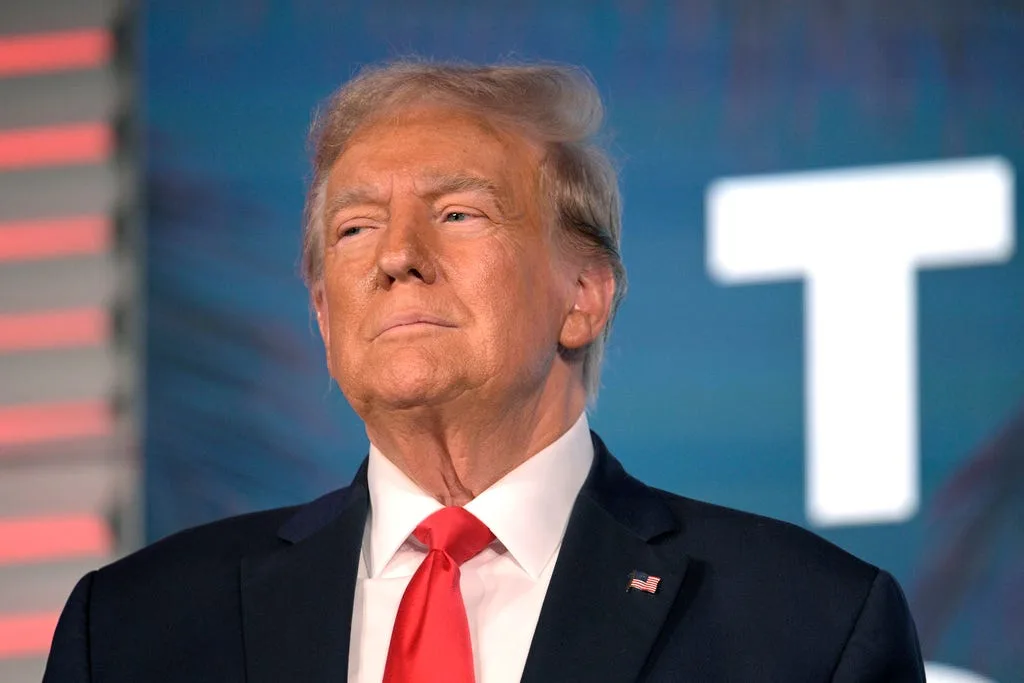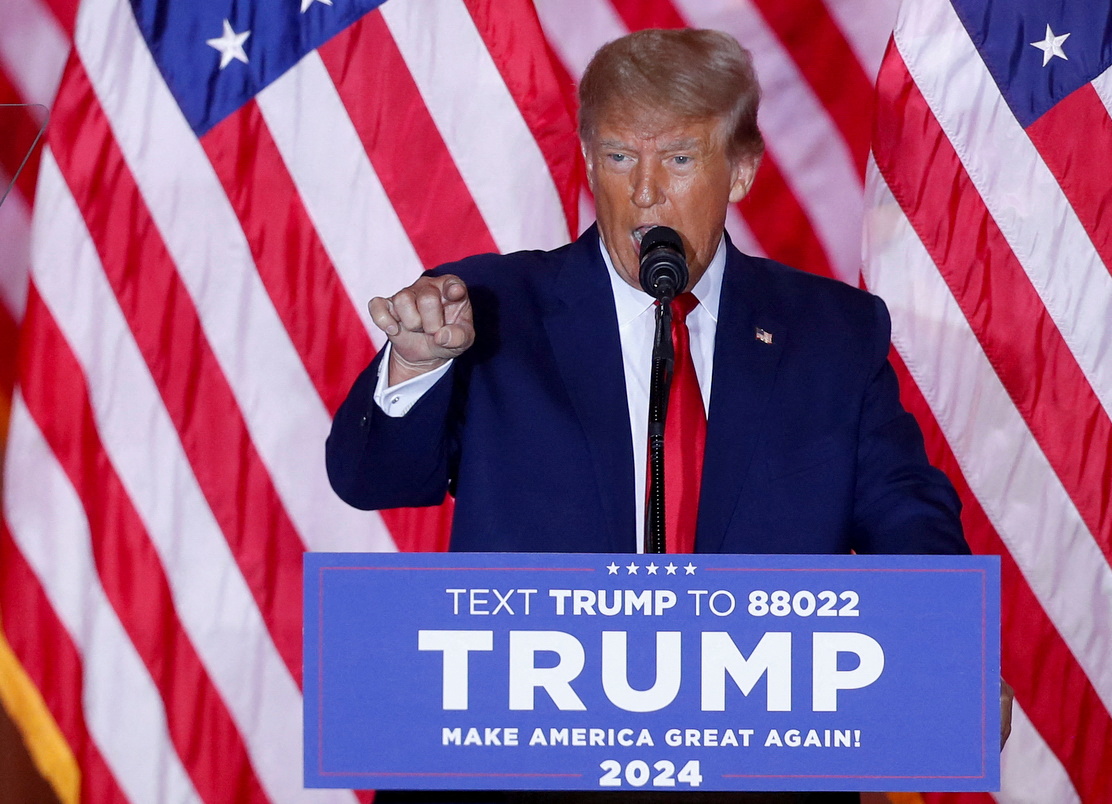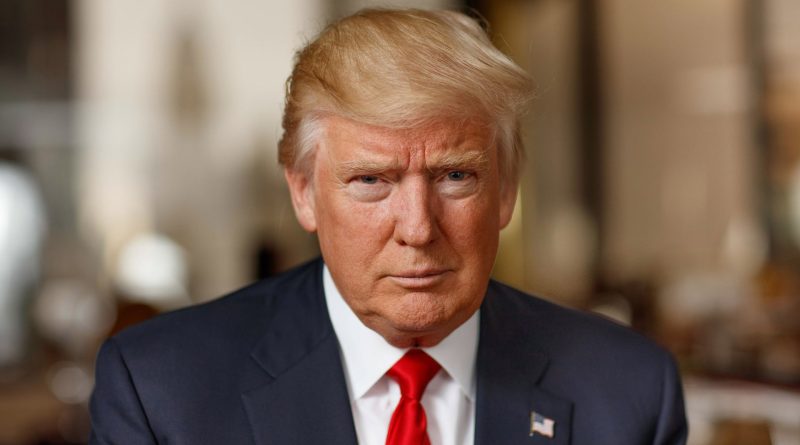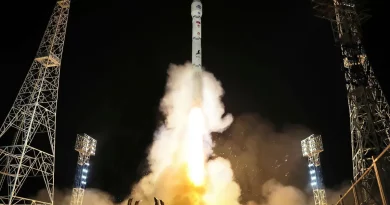What Happens If Donald Trump Dies While Running in the 2024 Presidential Election
In the current political landscape, Donald Trump, the former President of the United States, stands as the undisputed frontrunner for the Republican Party in the upcoming 2024 presidential election. At 77 years old, with his 78th birthday approaching in June, Trump’s candidacy carries both historical significance and potential implications for the GOP.

Complex Legal and Logistical Considerations
The process of running for president involves complex legal and logistical considerations, with varying filing deadlines across states and parties. Unlike a national deadline, states and parties establish their own filing deadlines. Currently, eight candidates, including Donald Trump, have declared their intention to represent the Republican Party.
Late Entries and Adjustments
In the unfortunate event of Trump’s death before January 1, 2024, a scenario emerges where new contenders might express interest in entering the race. However, given that many states have already passed their filing deadlines, adjustments by state election officials would be necessary to accommodate late entries.
Complications During Primary Season
The timing of Trump’s potential passing during the primary season, concluding in mid-June, could further complicate the electoral landscape. In such a scenario, states might consider postponing their scheduled primaries, drawing parallels to the adjustments made during the COVID-19 pandemic. This historical precedent suggests that adapting election timelines in response to unforeseen circumstances is not unprecedented.
Shifting Dynamics Before the Convention
If Donald Trump were to pass away after the conclusion of the primary contests but before the Republican National Convention, the dynamics of the race would shift dramatically. Other Republican presidential candidates would face the task of persuading every state delegation at the convention why they should be chosen as the party’s nominee.
Tumultuous Convention Contention
This situation would likely lead to a highly contested and unpredictable convention, with candidates vying for the support of delegates in an effort to secure the coveted nomination.
RNC’s Role in Candidate Selection
In the event that Donald Trump successfully secures the GOP nomination but subsequently passes away between the convention and Election Day in 2024, the Republican National Committee (RNC) would play a pivotal role in determining the party’s new presidential candidate. The RNC would convene to select an alternative nominee, thrusting the party into a tumultuous process of reevaluation and decision-making.
Unprecedented Challenges and Political Landscape Shifts
This unprecedented scenario could introduce an element of uncertainty into the election, as the party navigates the challenge of replacing its nominee under unique circumstances. Beyond the immediate logistical and procedural implications, the death of a major candidate during a presidential election raises broader questions about the impact on voters, political dynamics, and the democratic process itself.
Reshaping the Political Landscape
The sudden absence of a frontrunner like Donald Trump would undoubtedly reshape the political landscape and introduce an element of unpredictability into an already closely watched election. As the 2024 presidential election unfolds, the hypothetical scenarios surrounding Donald Trump’s candidacy underscore the intricacies and uncertainties inherent in the electoral process.
The Unpredictable Nature of Politics
The interplay between legal requirements, party dynamics, and historical precedents creates a complex tapestry that would unravel in the face of unforeseen events. The potential consequences of Trump’s passing while running for reelection serve as a reminder of the unpredictable nature of politics and the need for flexibility within the electoral system to address unprecedented challenges.

Conclusion
the hypothetical event of Donald Trump’s passing during the 2024 presidential race serves as a reminder of the unpredictable nature of politics. It highlights the need for a robust electoral framework that can navigate uncharted territory and ensure the democratic process endures even in the face of unforeseen events. As the nation watches the unfolding political drama, the resilience of the electoral system will be tested, reaffirming the foundational principles that underpin the American democratic experiment.

![Ashraf Amra/Anadolu Agency]](https://trendingcon.com/wp-content/uploads/2023/11/AA-20231129-33060324-33060322-HAMAS_HANDS_OVER_ISRAELI_PRISONERS_TO_RED_CROSS_OFFICIALS-1701322436-390x205.webp)

